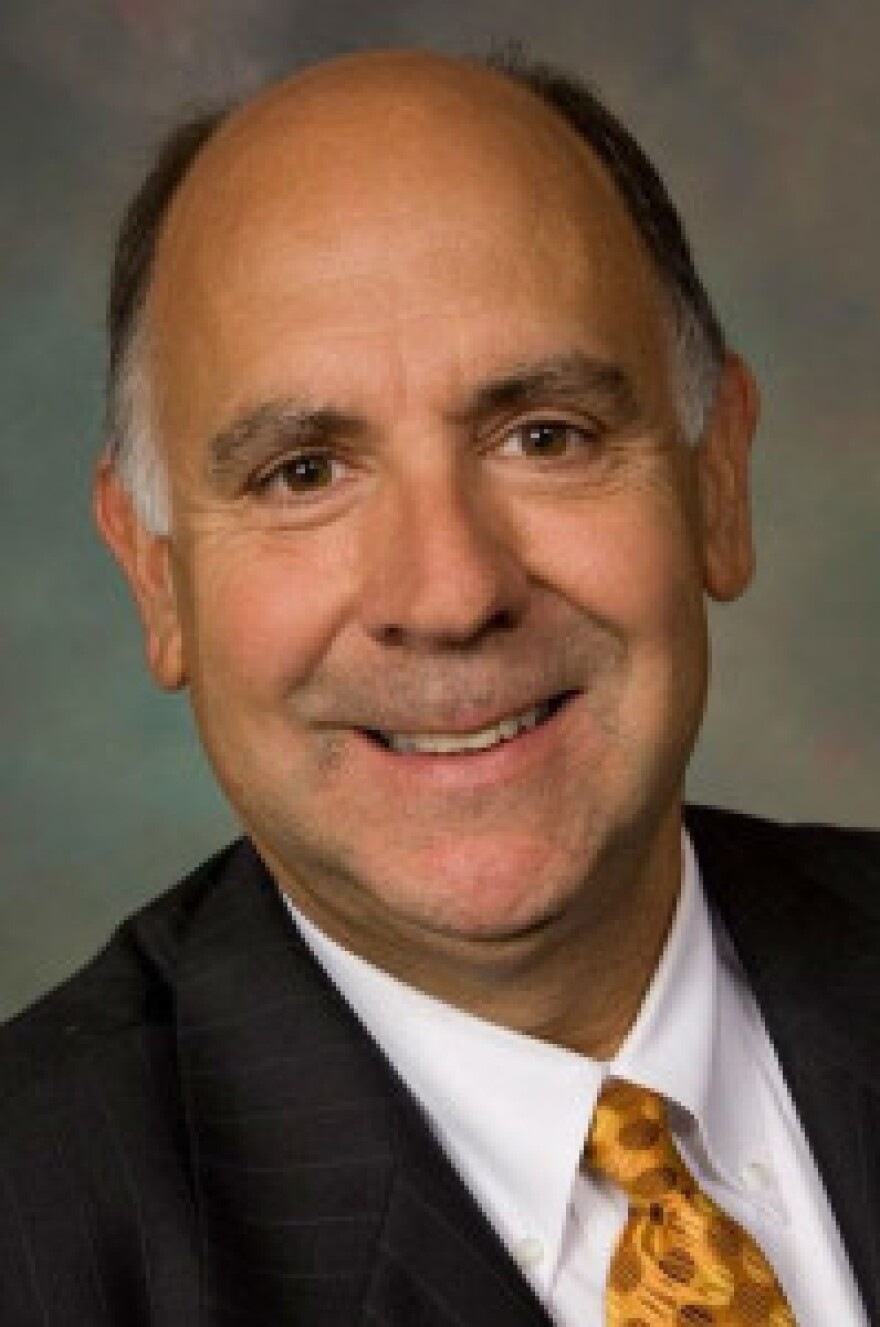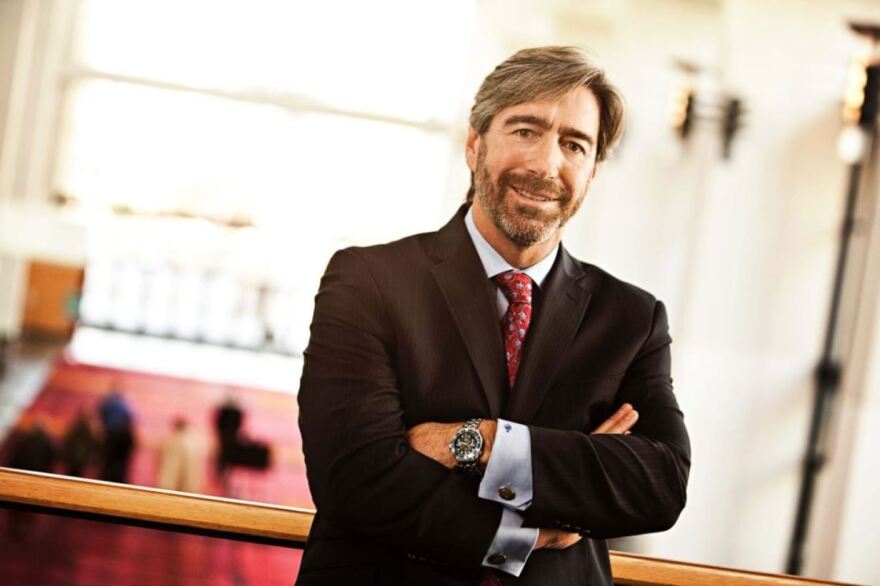
It’s not often a picture of a bar receipt goes viral. But then again it’s not often a hotel bar adds an automatic surcharge that’s being called by some a ‘Black Tax.’
The receipt is from the Ritz-Carlton in uptown, and that extra charge was levied during the recent CIAA basketball tournament.
It wasn’t the $18 cocktails that caught the attention of Charlottean Patrice Wright and her husband. After all, they were regulars at the Ritz. What stood out was a line in the bill they had never seen before: CIAA service charge.
Other patrons posted similar photos of the service charge on social media sites. And soon after the Ritz released a statement acknowledging the hotel added what they called "a modest 15 percent surcharge" on drinks due to "the size of the CIAA event" and the "significant demands it placed" on their waiters throughout the weekend.
If you put the size of the event aside, and you also ignore the fact this was the tenth year the tournament has been hosted in Charlotte, you are left with this: The CIAA is the nation’s oldest African-American athletic conference. Its members are historically black colleges and universities
In an interview with WBTV, Patrice Wright wondered, "Is there an ACC Championship surcharge?"

"Not to my knowledge," says Henri Fourrier, the CEO of the Greensboro Convention and Tourism Bureau.
He says you won't find these kinds of surcharges in Greensboro while the city hosts the ACC Championship this week for a very simple reason. "Fans start talking and such and its usually not a good thing," he says.
So that’s Greensboro. What about nationally?
"As far as a service charge for a lounge or a restaurant during an event, that’s a new one on me," says Don Schumacher, "and I’ve done a lot of events."
For more than 30 years, Schumacher has worked in the sports tourism industry. He is the executive director of the National Association of Sports Commissions, a group that helps cities land and keep tournaments and events ranging from regional bowling tournaments to the Super Bowl. "And I’ve been involved with final fours and conference basketball tournaments," Schumacher says.
Regarding the Ritz-Carlton’s surcharge, Schumacher says: "It may be a good practice for the hotel’s bottom line, but it might not be a very good practice in terms of public relations."
He says it begs a very specific question: "Do you not want me here?"
And that question, coupled with the fact that the Ritz’s surcharge even bared the name of a black athletic conference, brings up race as an issue, and why many people upset by this charge are calling it a ‘Black Tax.’
There’s a stereotype in the service industry that black patrons tip less than their white counterparts. That was even the focus of a research paper by a professor at the Cornell University School of Hotel Administration. He found African Americans in the middle and lower income groups generally tip lower.
But the survey did not have data on upper income African Americans. The Ritz-Carlton isn’t a place you’re likely to find those on tight budgets. And anyone in uptown during the CIAA knows there were fans with money to spend.
"Over the last few years it’s been between $40 and $50 million," per year says Tom Murray, the CEO of the Charlotte Regional Visitors Authority. He, too, knows of no similar service charges for other events, be it Speed Week, major conventions or the CIAA for that matter.
"I checked with some other hotels and all the GM’s that I talked to said they didn’t have anything like that. So I think in this case the Ritz-Carlton is unique."
The Ritz did not reply to questions about whether similar charges have been used before. They only issued an apology which reads in part,
“The service charge was not intended to single out any particular group or organization and we deeply regret any misunderstanding this may have caused.”

The CIAA also did not return calls for comment. But conference officials have talked to Tom Murray of the CRVA. "They weren’t happy about the confusion that it caused because the CIAA didn’t allow their name to be used in that fashion on the receipt," Murray says
After each big event, Murray and the CRVA examine what went well and what didn’t. The issue of the ‘Black Tax’ is one they’re examining. "Anything that makes our customers feel less than welcome is not something we feel good about and we’re disheartened by that."
And while the CRVA can’t dictate how a private business conducts themselves, Murray says the group will use its influence to make sure companies do things that make everyone feel welcome in Charlotte.




